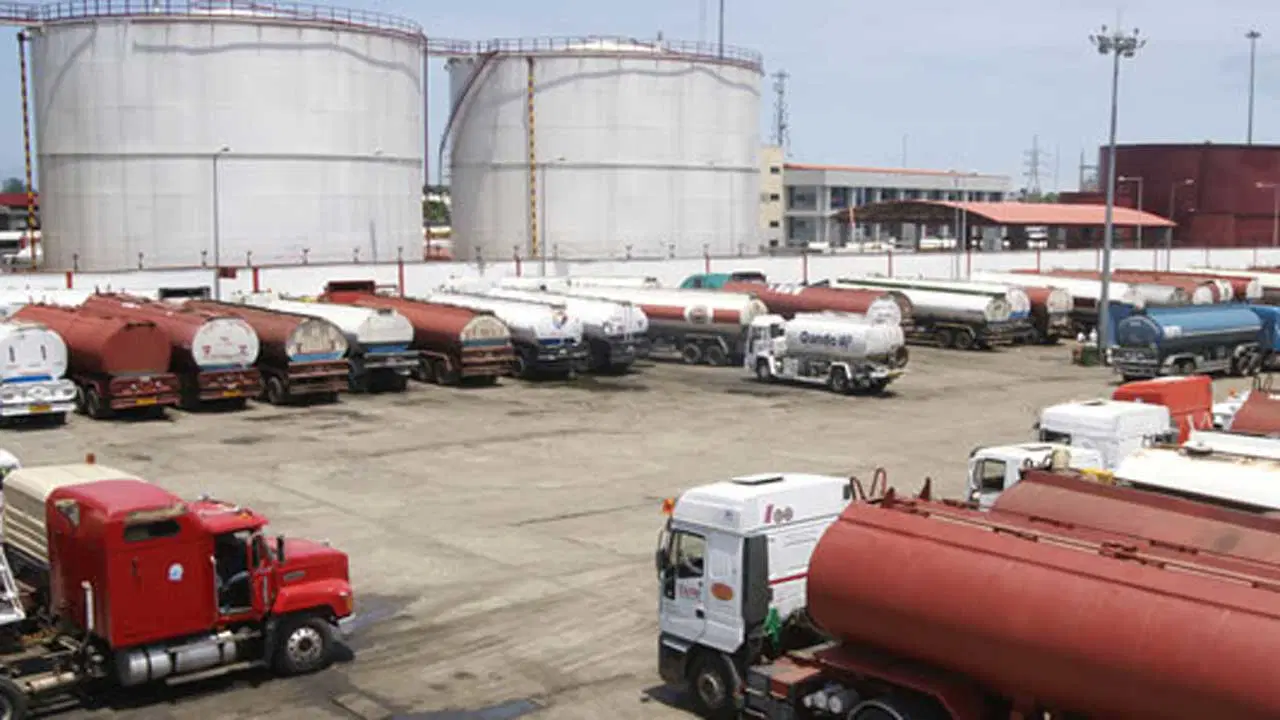Despite ongoing efforts to enhance domestic refining capacity, Nigeria is set to continue importing Premium Motor Spirit (PMS), commonly known as petrol, in the short and medium term. This situation is primarily attributed to the government’s deregulation policy, the inability of modular refineries to refine petrol, financial constraints, foreign exchange issues, and the lengthy construction timelines for new refineries.
Previously, there had been hopes that the completion of numerous refineries, including over 20 modular plants, would enable Nigeria to meet its domestic demand for petrol, which is estimated at 50 million litres per day. However, experts have indicated that the ongoing importation of petrol is largely driven by deregulation—a policy allowing operators to source products from both domestic and international markets.
Current Importing Companies
Companies such as Matrix Energy, A.A. Ranno, NIPCo, AY Shafa, and Petrocam, alongside major oil marketers, have imported petrol under the existing deregulation regime.
Recent transactional analyses revealed that the landing cost of petrol rose by 4% to N956.13 per litre in October 2024, up from N919.55 in September 2024. This increase was attributed to fluctuations in the Naira’s value against the United States dollar, with the exchange rate changing from N1,625/$ to N1,645/$ in the official market.
The comprehensive analysis detailed the total direct cost components: product cost (N887.45), freight charges (N10.37), port charges (N7.37), Nigerian Midstream and Downstream Petroleum Regulatory Authority (NMDPRA) Levy (N4.47), and storage costs (N2.58), resulting in a total cost of N913.12 per litre. Consequently, this has pushed the pump price to exceed N1,000 per litre in the domestic market.
Retail Association Insights
In an interview with Vanguard, Mr. Joseph Ehimen, Chairman of the Lagos State chapter of the Petroleum Products Retail Outlets Owners Association of Nigeria (PETROAN), explained that deregulation fosters competition, allowing investors to source products locally or internationally. He noted the association’s interest in obtaining supplies from the Dangote refinery and pursuing any viable business opportunities.
Ehimen also highlighted the challenging business environment, with interest rates rising from below 18% to 40%, prompting members to consider importation if it proves more beneficial.
Dr. Joseph Obele, the National Public Relations Officer of PETROAN, appealed for a N100 billion bailout, stating that the cost of acquiring a truck of PMS has surged from approximately N7 million to N47 million—a staggering 500% increase—rendering many retail outlet owners financially incapacitated.
IPMAN’s Perspective
Chief Chinedu Ukadike, the Public Relations Officer for the Independent Petroleum Marketers Association of Nigeria (IPMAN), reiterated that deregulation would allow members to purchase petrol from both local and international sources.
Modular Refineries’ Limitations
Dr. Bala Zakka, an energy analyst based in Port Harcourt, pointed out that while more than 20 modular refinery licenses were granted during former President Muhammadu Buhari’s administration, these facilities are primarily configured to produce diesel and kerosene, not petrol. Notable examples include:
- Edo Refinery and Petrochemical Company: Capacity of 12,000 bpd
- Duport Midstream: Capacity of 2,500 bpd
- Walter Smith Refinery: Capacity of 5,000 bpd
- OPAC Refinery: Capacity of 10,000 bpd
- Niger Delta Petroleum Refinery: Capacity of 11,000 bpd
As Nigeria grapples with these challenges, the reliance on imported petrol continues, underscoring the urgent need for comprehensive solutions in the country’s petroleum sector.

